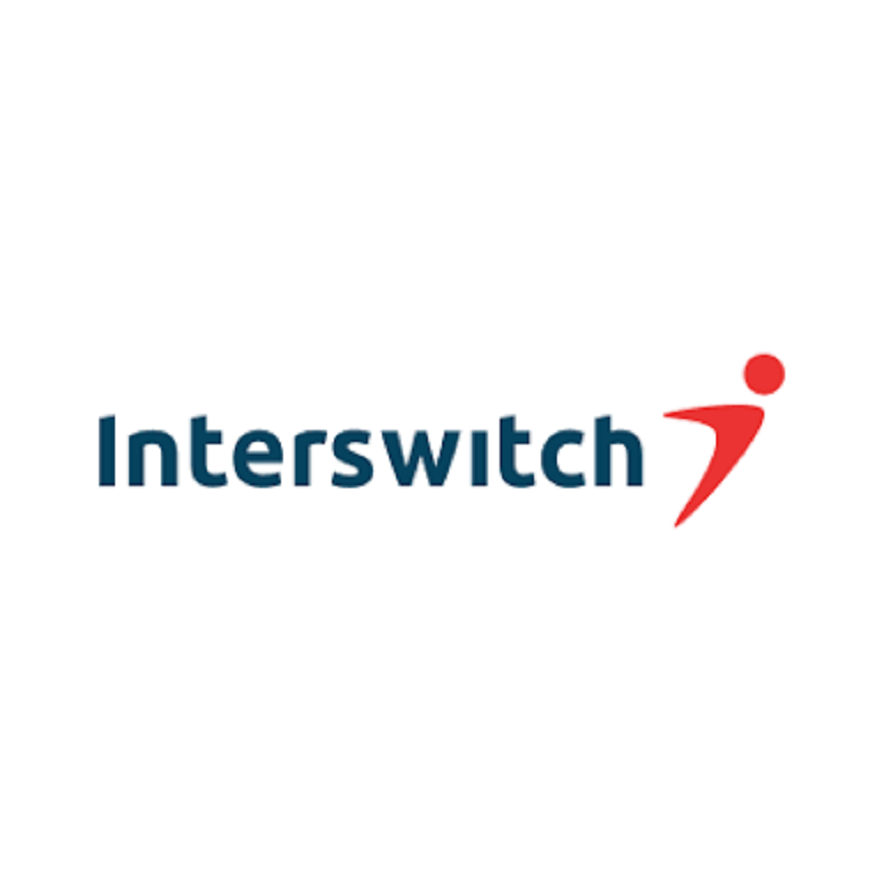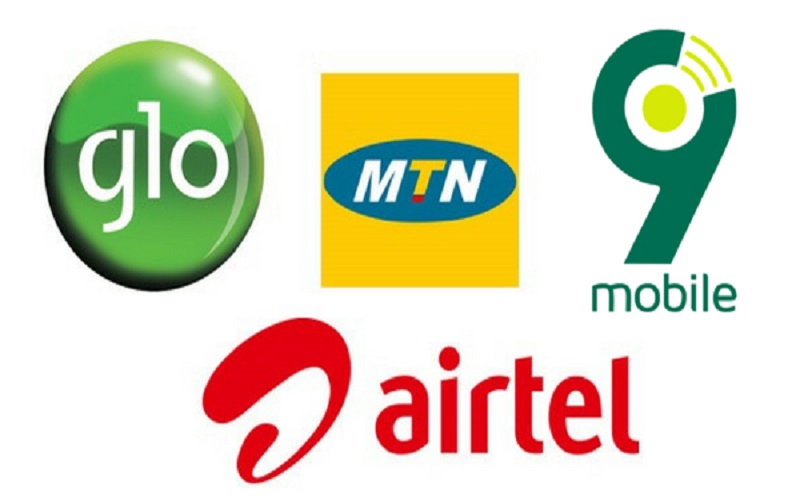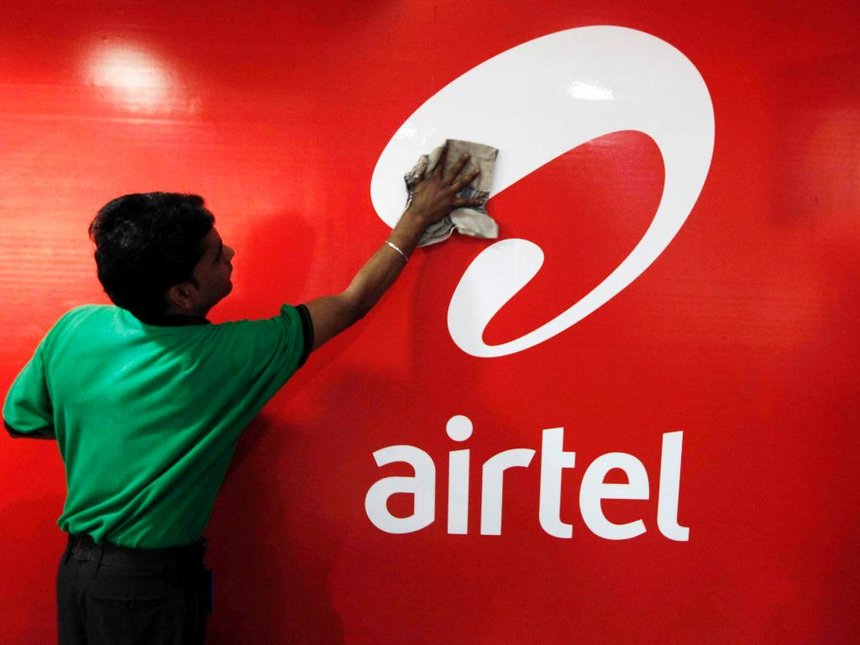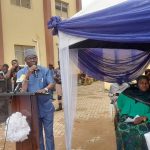Technology
FX-Linked Costs to Pressure Earnings of MTN, Airtel, Others

By Modupe Gbadeyanka
The present foreign exchange (forex) crisis in Nigeria will pose a huge threat to the 2020 earnings of players in the nation’s telecommunications sector, the Head of Equity Research at FBNQuest, Mr Tunde Abidoye, has projected.
In a research note made available to Business Post, he said though now more than ever, the industry was set to take a leading role in the government’s effort to diversify the economy, the FX issue could truncate this.
It was stated that through consistent significant investments by the mobile networks, the sector’s contribution to GDP has risen steadily from about 7.7 per cent in 2012 to 10.9 per cent in Q1 2020, now larger than that of the oil sector (9.5 per cent Q1 2020 oil GDP).
With respect to broadband, studies conducted by the International Telecommunications Union (ITU) indicate that a 10 per cent increase in broadband penetration is likely to translate to increases of 2.0 per cent and 1.8 per cent in GDP for low-income and middle-income countries.
The targets (of 90 per cent broadband coverage at speeds of 10Mbps-25Mbps) stated in the national broadband plan 2020 is ambitious and audacious.
“Notwithstanding, we believe they are achievable. The plan’s success will depend on the right mix of policy implementation, private sector-led infrastructure investment, and government incentives. Specifically, impediments to right-of-way access and cost must be removed,” the note said.
In contrast to other sectors that were hit hard by the economic outcomes of the COVID-19 pandemic, the sector was one of the few that recorded growth in Q1.
Its essential role in easing the lockdown through the provision of digital tools for home working and social distancing resulted in a surge in demand for telecom services during the quarter.
In Q1, MTN Nigeria (MTNN) and Airtel Nigeria (not covered) both delivered strong revenue growth of 17 per cent y/y and 27 per cent y/y respectively, mainly driven by stellar growth in data revenue – which were up by more than 50 per cent for both firms.
The solid performance was carried on into Q2 on the back of strong data demand during the lockdown, with solid revenue growth of 17 per cent y/y (data 40 per cent y/y), Airtel’s Q1 2021 (end-June 2020) results which were recently published, providing positive read-across for the broad sector.
“Due to FX liquidity pressures, we expect a rise in FX-linked costs to exert downward pressure on the earnings of telecom operators,” it noted.
Recently, MTNN disclosed that the NAFEX rate of N385/$1 will now be applied to dollar-linked tower costs (vs. CBN’s official rate of N360 previously). The rate was only recently reviewed to N360/$1 in April (from N307 previously).
“However, we believe that the revenue growth from the surge in data traffic will more than offset the rise in costs.
“Regardless, our estimates are conservative. For MTNN, we forecast 2020 revenue and PBT growth of 13 per cent y/y and 6 per cent y/y respectively,” FBNQuest said.
The Nigerian Communications Commission (NCC) takes the quality of service (QoS) very seriously. As such, on a monthly basis, it measures the operators on four key QoS performance indicators namely; (1) the call setup success rate (CSSR), (2) dropped call rate (DCR), (3) the standalone dedicated control channel congestion (SDCCH), (4) the traffic control channel congestion rate (TCCH). The most recent disclosure (October 2019) from the NCC shows that MTNN and Airtel were within the required threshold for all the KPIs, it added.
It was stated that an independent survey on the service quality of GSM operators conducted by REACH Technologies, an indigenous fintech firm, corroborates the results of NCC’s monthly QoS assessment.
The random survey draws a conclusion from a sample size of 133 respondents residing in Nigeria’s urban region. Out of a maximum score of five points, MTNN scored the highest number of points – 2.3 points – on a weighted average basis. Airtel was the next best in terms of QoS with a score of 1.
About 60 per cent of the 133 respondents that were randomly polled subscribe to the MTNN network. This result is important because it underscores MTNN’s larger wallet share of urban subscribers.
Technology
FIRS Picks Interswitch as Access Point Provider for Mandatory e-Invoicing

By Aduragbemi Omiyale
Interswitch has been accredited as an Access Point Provider and System Integrator for Nigeria’s mandatory e-invoicing system under the Monitoring, Billing, and Settlement (MBS) platform of the Federal Inland Revenue Service (FIRS).
This accreditation allows Interswitch to provide a fully compliant e-invoicing solution that connects directly and securely to the FIRS platform, helping businesses meet regulatory requirements while modernizing their financial operations.
The solution supports both corporates and SMEs, enabling them to automate invoicing workflows, reduce manual errors, and access real-time reporting for faster, more accurate tax submissions.
With this development, Interswitch is now supporting the roll-out of ambitious national e-invoicing network projects across Nigeria and Kenya, two of the continent’s largest economies, following Interswitch’s selection by the Kenya Revenue Authority in 2024 as a technology partner, providing solutions for businesses to comply with the eTIMS requirements, including hardware and software.
The FIRS launched the MBS platform to combat tax evasion, improve transaction transparency, and boost revenue collection.
Serving as the central hub for real-time or near-real-time invoice validation, the platform captures essential transaction details, from buyer and supplier information to quantities, prices, and taxes, replacing paper or traditional electronic documents such as invoices, credit notes, and debit notes.
The FIRSMBS initiative in Nigeria went live on August 1, 2025, starting with large taxpayers with annual turnover above N5 billion, after a pilot phase that began in November 2024.
Following industry feedback, the FIRS extended the onboarding deadline to November 1, 2025, to allow businesses more time for integration and testing.
Commenting on this development, the Managing Director for Commercial Inclusion (Interswitch Inclusio) at Interswitch Group, Mr Muyiwa Asagba, said, “This accreditation reaffirms Interswitch’s commitment to delivering innovative, business-centric solutions that not only meet compliance requirements but also create operational value for our customers.
“Our e-invoicing solution has been built to integrate seamlessly with existing enterprise systems, ensuring security, accuracy, and efficiency at every step.
“The e-invoicing directive is not just about compliance, it is an opportunity for Nigerian businesses to modernize their operations, enhance transparency, and embrace efficiency. We are here to make that transition seamless.”
Technology
Dig Raises $14m Series A to Fuel Social Video Intelligence

By Adedapo Adesanya
A social video intelligence platform, Dig, which gives enterprises the visibility and speed to detect and respond to fast-moving narratives across the most influential video platforms, has closed a $14 million Series A financing round to fuel market expansion and deepen the company’s patented AI platform.
The investment was co-led by New Era Capital Partners and Osage Venture Partners, with participation from 97212 Ventures, Maccabee Ventures, Ginossar Ventures, Itai Tsiddon, and other investors.
Dig will utilise the new capital to scale global sales and marketing, expand coverage across additional video and messaging networks, and continue to enhance its proprietary AI stack, including in-house large language models that reduce compute costs by up to 100 times compared to off-the-shelf services.
The growth of social video platforms, such as TikTok, has led to the video takeover of social media. 2025 is estimated to be the first year in which more than 50 per cent of social media posts will be video posts. This number is expected to grow substantially in the coming years with the emergence of generative video platforms like Veo-3. In a world dominated by social video, the lack of automation leaves brand and insights teams blind to fast-moving risks and consumer signals.
Dig’s selling point is unlike text-only social listening platforms that rely on keyword matching and Boolean queries, the company noted that its video-first LLM-native platform understands briefs and research questions, and is able to detect more than 90 per cent of relevant videos, images, or text posts, automatically filtering out irrelevant mentions by matching narratives rather than keywords.
Dig claims it automatically detects social network policy violations, such as disinformation or deepfakes, and alerts communications teams immediately, prioritizing the threat and recommending next steps before it escalates.
Speaking on the funding, Mr Ofer Familier, Co-founder & CEO of Dig, said, “Social video builds and breaks reputations faster than any other medium. Our mission is to give brands immediate, precise visibility into those narratives, along with the tools to respond before risk becomes a crisis.
“With support from New Era, Osage, and our other partners, we’re doubling down on product innovation and bringing Dig’s value to marketing, communications, and insight teams worldwide.”
“We’re incredibly excited to continue partnering with Dig as they build the future of social video intelligence. When we first backed Dig at Seed, the team predicted video would eclipse text as the language of the internet”, said Mr Ran Simha, Managing Partner, New Era Capital Partners.
“Their growth, to more than 70 enterprise deployments in under 18 months, proves that thesis, and we’re excited to help scale a category-defining company. Brands today face both immense opportunity and real risk in the world of social video – content spreads faster than ever, and a single post can influence perception globally within minutes.
“Dig’s technology empowers companies to truly understand and manage this dynamic landscape, turning social video from a source of unpredictable risk into a strategic growth channel,” Mr Simha added.
“Dig pairs computer-vision depth with a business model that meets Fortune 500 security and ROI standards,” said Mr Nate Lentz from Osage Venture Partners. “The speed at which customers move from proof-of-concept to production is unlike anything we’ve seen in market intelligence software.”
Dig’s platform is deployed across brand, consumer insights, communications, and social media functions. Its current customers include global luxury brands, CPG and fashion brand houses, and Fortune 500 tech firms, who leverage Dig for unique, advanced reputation and insights services, such as early detection of viral narratives, brand perception benchmarking tracker, dynamic customer cohort segmentation, campaign and narrative impact analysis, and others.
Technology
Nigeria Attracts $1bn Infrastructure Investment on Market-Driven Pricing

By Adedapo Adesanya
The Nigerian Communications Commission (NCC) has confirmed that its decision to return to market-driven pricing in the telecoms sector has spurred over $1 billion in infrastructure investment in 2025.
The Executive Vice-Chairman of the NCC, Mr Aminu Maida, made the disclosure in Lagos on Friday, noting that the policy shift, introduced in January and February 2025, allowed mobile network operators to adjust tariffs by up to 50 per cent after nearly a decade of stagnant pricing.
“This act alone has allowed investments to flow in. We will be revealing more specific figures in the coming weeks after verification, but we are talking about over a billion dollars worth of investment in 2025 alone,” he said.
Mr Maida said that the move restored investor confidence in the sector and reversed a trend of under investment that had slowed network growth and service quality improvements.
According to him, the imbalance in the value chain, where tower companies can adjust prices annually for inflation and exchange rates but mobile network operators cannot had discouraged new investment.
“This is an industry that requires continuous investment. The world is moving ahead, and if we do not create the right conditions, we will be left behind,” he said.
The NCC boss said the commission decided to return to the guiding principles of the 2000 Telecom Policy and the 2003 Communications Act, which allowed market forces to determine fair prices while maintaining healthy competition to protect consumers.
He disclosed that some of the new equipment ordered by operators had started arriving in the country since June, with network expansion and upgrade works already underway.
“We are closely tracking the rollout. We hold weekly calls with operators to monitor how many sites are being built, upgrades done and we step in when they encounter challenges with authorities,” Maida said.
He added that the investments would help address capacity challenges, improve service quality, and ensure Nigeria remained competitive in the global telecom landscape.
The NCC boss also highlighted operational cost pressures facing the industry, noting that operators consumed over 40 million litres of diesel monthly to power their base stations, with most of the product imported.
He said the industry’s dependence on foreign exchange (FX) for importing all network hardware and software added to the challenge, as no major telecom equipment was manufactured locally.
“There is nothing you need to build or upgrade a network today in Nigeria that you can buy locally. Everything from the hardware to the software has to be imported and that requires FX,” Mr Maida said.
On protecting telecoms infrastructure, he said the commission was working with the Office of the National Security Adviser to develop a framework for rapid response forces tailored to the unique challenges in each region.
He noted that threats vary by location, with some coastal areas requiring community-based engagement, while high-insecurity zones may need stronger civil defence presence.
According to him, the protection strategy goes beyond force and focuses on addressing structural issues that make telecom sites vulnerable, such as poor security measures, generator theft and community disputes.
-

 Feature/OPED6 years ago
Feature/OPED6 years agoDavos was Different this year
-
Travel/Tourism9 years ago
Lagos Seals Western Lodge Hotel In Ikorodu
-

 Showbiz3 years ago
Showbiz3 years agoEstranged Lover Releases Videos of Empress Njamah Bathing
-

 Banking7 years ago
Banking7 years agoSort Codes of GTBank Branches in Nigeria
-

 Economy2 years ago
Economy2 years agoSubsidy Removal: CNG at N130 Per Litre Cheaper Than Petrol—IPMAN
-

 Banking2 years ago
Banking2 years agoFirst Bank Announces Planned Downtime
-

 Sports2 years ago
Sports2 years agoHighest Paid Nigerian Footballer – How Much Do Nigerian Footballers Earn
-

 Technology5 years ago
Technology5 years agoHow To Link Your MTN, Airtel, Glo, 9mobile Lines to NIN













